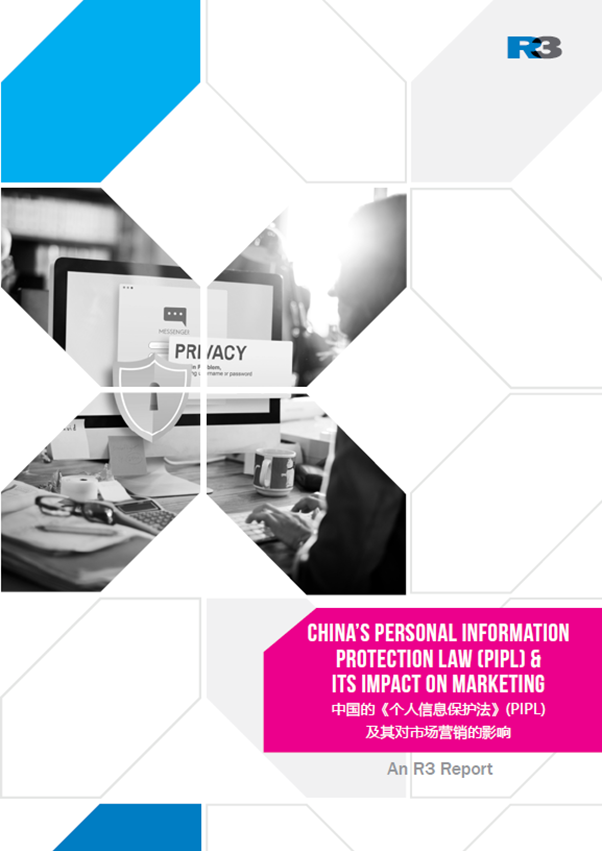China’s Personal Information Protection Law (PIPL) is a direct call for marketers and brands to implement first-party data strategies that are compliant with new regulations that protect consumer data. For marketers and advertisers, PIPL demands that companies be transparent in the way they collect, store, and use consumer data and encourages greater alignment for marketers and advertisers operating internationally.
A GDPR-like privacy protection has been long-awaited by China’s consumers. Among all countries measured in an October 2021 survey by Cisco, consumers in China felt most positive toward privacy laws. Of those who were aware of the country’s 2017 Cybersecurity
Law, the vast majority (80%) felt it had a positive impact.
Thanks to PIPL, Chinese consumers will be better protected from potential manipulation by big tech information pushing and digital marketing. In particular, consumers will have the right to refuse decisions being made automatically by algorithms based on collected data. In addition, personal information handlers will not be able to use data mining to differentiate offers between consumers (i.e., charging different prices).
Contents
- What marketers need to do to meet the obligations of PIPL
- Ensuring overall compliance with China’s data security and privacy laws
- The cost of non-compliance
Considerations for international companies operating within the PRC

